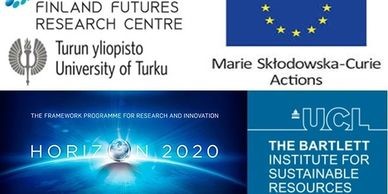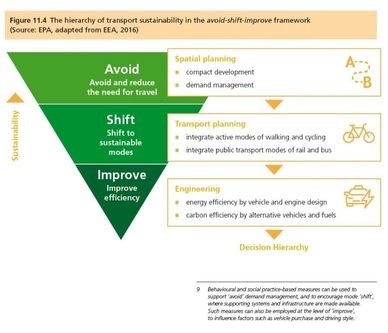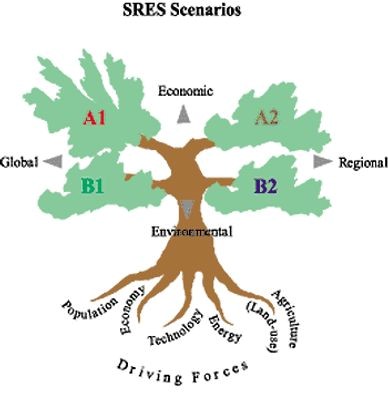Ireland’s Climate Change Assessment: Volume 4 Realising the Benefits and Opportunities of Transitions and Transformations (2022-2023)
Ireland’s Climate Change Assessment (ICCA) is a four volume assessment of knowledge of the climate crisis in Ireland. In addition to Volumes looking at Science, Mitigation and Impacts and Adaptation, Volume 4 is a globally original innovation, seeking to consider the benefits and opportunities of transitions and transformations.
The project team includes partners from Dublin City University (DCU), alongside Trinity College Dublin and University College Cork. Tadhg O’Mahony is a lead author on the DCU chapters: 4 Livelihoods, 6 Transformational Development: Economy, Innovation and Finance and 7 Governance and Policy.
Maximise Wellbeing-Minimise Emissions (MAXWELL) 2015-2017

Marie Sklodowksa Curie Action (Individual Fellowship) on maximising human wellbeing and minimising emissions (MAXWELL). The project engages with one of the most important questions in the field of climate action, as per the IPCC Fifth Assessment Report (2014), how to decouple human wellbeing from emissions.
https://cordis.europa.eu/project/id/657
Cuban energy transformation Integration of renewable intermittent sources in the power system (IRIS)
The IRIS project at the Finland Futures Research Centre provides significant novel research on the development of the Cuban energy system and its potential future development paths, in both a local and global socio-economic, political, technological and environmental context. The project builds on previous research work of the partner institutions and other research.
Sustainable Mobility Transformation: Transport and Environment in EPA SOER (2020)

Ireland is deeply locked-in to an emissions intensive and unsustainable transport system. This chapter in the EPA State of the Environment Report (SOER) 2020, co-authored with colleagues at the EPA, discusses the drivers of this problem, it’s impacts, and charts the course to escape ‘lock-in’ to this costly and damaging path. To acheive this, it platforms a new approach for Ireland, articulating best practices globally, for a ‘sustainable mobility transformation’. This long-term approach to avoid, shift and improve transport, is not only necessary for climate action, but offers many benefits beyond relying on the decarbonisation of technology alone.
Cost-Benefit Analysis in a Climate of Change (2018)
Cost-Benefit Analysis (CBA) is a key tool used in Ireland to determine whether investments contribute to welfare and provide value for money.
This report comprehensively assesses the approach in Ireland, in the context of major changes internationally in how CBA is done. The report notes a number of serious deficiencies in the practice of CBA in Ireland, with particular implications for the environment and climate action. The report provides a set of recommendations for a necessary update of practices in Ireland, and has led to two peer-reviewed publications.
The research was supported by grant from the ‘Environment Fund’ of Ireland’s Department of Communications, Climate Action and Environment, as administered by the National Economic and Social Development Office.
Energy-Related Carbon Emissions in Ireland: Scenarios to 2020 (2004 to 2010)

This project at the Dublin Institute of Technology School of Spatial Planning:
-considered a multidimensional set of driving forces of energy-related carbon emissions in Ireland
-implemented novel approaches to decomposition analysis to quantify driving forces
-developed a new scenario-based hybrid qualitative-quantitative approach to explore plausible change in short and medium term emissions
-developed a new ‘DISCGEN’ model to create scenarios for Ireland
Outputs include a successful doctorate and four peer-reviewed publications, one of which is noted as a best practice approach in IPCC AR5.